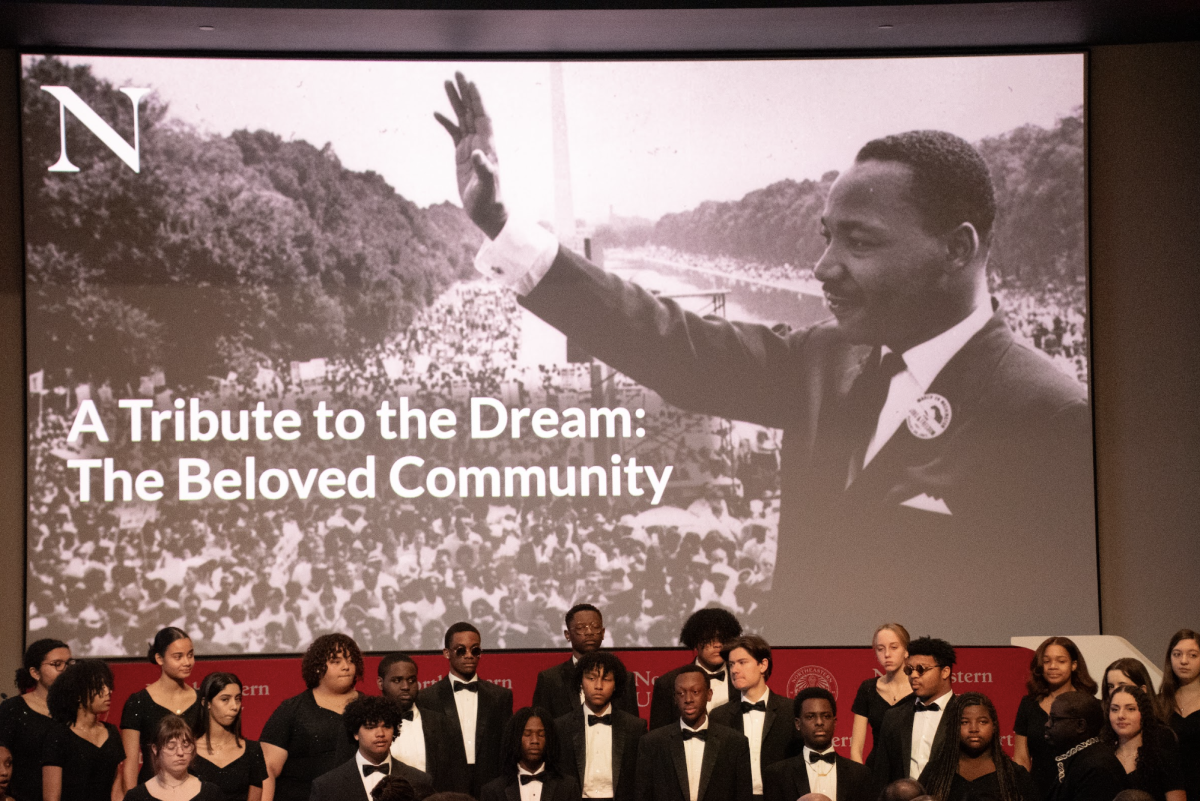By Gal Tziperman Lotan, News Staff
Despite fewer available co-op positions in some fields, students looking for jobs are not necessarily suffering, co-op advisers said.
Some companies have reduced the number of co-ops they hire or eliminated the positions altogether. Others, however, have laid of regular staff members and are hiring co-ops to do some of their work, which is often more substantial than average co-op tasks. The trend affects fields ranging from social sciences to business.
Mary Kane, cooperative education faculty coordinator for the finance and insurance group in the College of Business Administration, said not all fields have been negatively impacted.
‘Co-op is a reflection of the real world, so industries that have been really impacted by the economy, such as banking or financial services, have seen less opportunities than in the past,’ she said. ‘On the other hand, we have other industries that are growing where we see more opportunities.’
Lisa Worsh, co-op coordinator for sociology, anthropology and human services majors, said the field is slightly more competitive than it was in previous years:’ Students she advises often work in non-profit organizations, many of whom have closed or cut back on positions. Worsh said she has noticed more upperclassmen are looking for co-ops than they had in previous years:’ 75 students began looking for co-op jobs in January, compared to about 50 to 60 in previous years.
More than 30 percent of non-profit organizations in the Boston area have, in the past year, either closed or joined with others, Worsh said.
‘We’re hoping a lot of the co-op jobs will come back when the economy improves,’ she said.
Aside from architecture majors, who are required to complete two co-ops, students in the College of Arts and Sciences are not required to go on co-op.
While some families rely on co-ops for income and cannot afford having students work for free, others emphasize work experience over pay, Worsh said. More students Worsh advises have been willing to look at unpaid co-ops than in past cycles, she said, although she said she usually encourages students to take paid positions.
Junior physical therapy major Taylor Obey said some of the out-of-state jobs she hopes to get for her second co-op in January became unpaid.
‘I wanted to go out west, but [my adviser] said I might have to work for no pay because the economy is worse there,’ said Obey, who is originally from Massachusetts. ‘But I think I’ll still be able to find something.’
Richard Conley, associate co-operative education coordinator for the College of Criminal Justice, said criminal justice majors have been impacted by budget cuts in both the public and private sectors.
‘Our field has been impacted because the [Criminal Justice] major is focused on public service through law, policing, the courts, juvenile justice [and] federal law enforcement,’ he said. ‘It has been, and still is, a tough economic climate. A lot of companies have work force reductions across the board ‘hellip; And state and government agencies have had several rounds already of severe budget cuts.’
Criminal justice co-op advisers tell students to be patient while job hunting, Conley said.
Kane said students should not be discouraged if their first-choice co-op job falls through.
‘Sometimes this is a great market to take an opportunity you wouldn’t normally consider that, at the end of the day, is another great experience,’ she said.
The College of Business Administration requires students complete at least two co-ops. Kane said advisers work with those who do not secure a job by the beginning of July even after the co-op period officially starts.
‘As long as we see opportunities on the employers’ side and the students’ side, we will continue working with both and hope to get people placed as quickly as possible,’ Kane said.
Students may find themselves completing tasks which were not in the job description when they interviewed, but they should use it as an opportunity to learn new skills, Kane said.
‘They may have gone into a role that was excellent in and of itself, but because of changes in responsibilities or roles, they’ve probably needed to be more flexible,’ Kane said.








